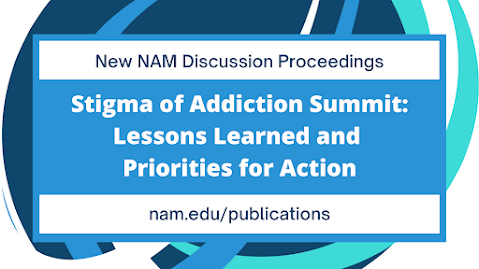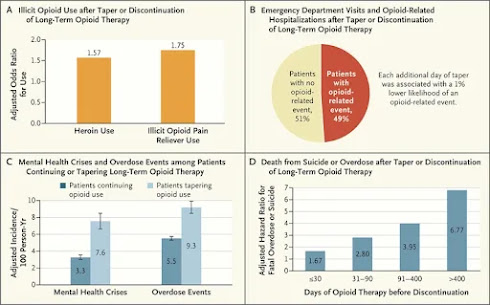988 Suicide and Crisis Lifeline resources from SAMHSA
“The Substance Abuse and Mental Health Services Administration (SAMHSA) rolled out a new 988 website designed to serve as your one-stop-shop for 988 resources from SAMHSA. The site contains a 988 partner toolkit which includes materials designed to cover the basics of 988 and provide a strong foundation from which partners can build for their audience-specific needs. 988 – the easy-to-remember 3-digit code providing access to life-saving services- is going live on all devices on July 16, 2022. Visit the website for key messages , FAQs , and Fact Sheet to facilitate partner efforts and communication planning.”

